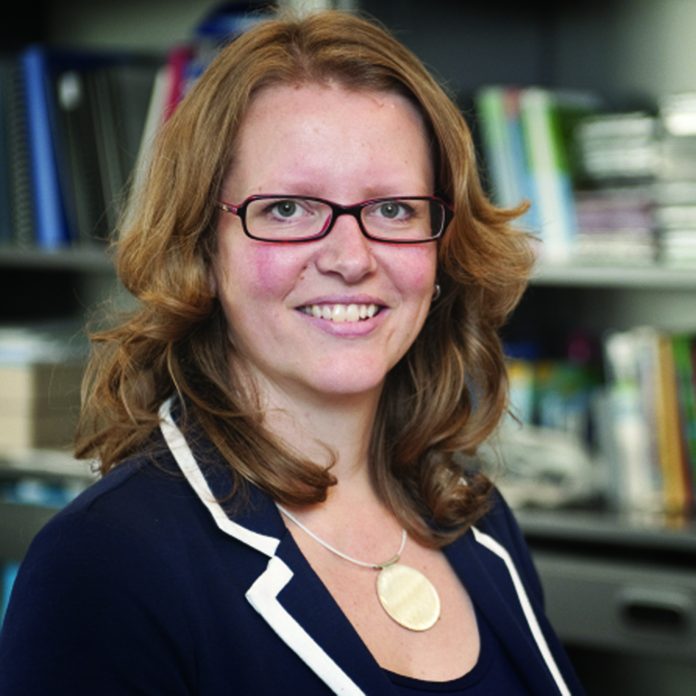
The unemployed may complain that their ‘career is in the toilet’ but an elite young and highly-skilled workforce could transform that expression into a globally recognised badge of honour.
It started in 2014, when the International Water Association (IWA) assessed fifteen countries and identified a “staggering” skills gap and labour shortage in the water and sanitation sector. The Philippines requires 86,000 more technical field personnel. Mozambique needs another 11,900. In Ghana, 98 percent of the shortfall was in the sanitation sector.
That first-of-its-kind report, An Avoidable Crisis called for “concerted action to strengthen the evidence base” on which to build action plans and “strategies that have high-level political buy-in from multiple actors to ensure sustained, adequate professional and technical capacity.”
In November 2017, the IHE Delft Institute for Water Education and the Bill & Melinda Gates Foundation answered the call by launching another first-of-its-kind response: a new Masters of Science Programme in Sanitation.
Mariska Ronteltap announced the new degree and diploma at the IWA Development Congress in Buenos Aires, in November 2017. “The MSc programme seeks to meet demand in the sector for overall sanitation experts with allaround capacity,” said Ronteltap, a lecturer on sanitary engineering at UNESCO-IHE, who helped design it.
“There’s been growing demand for more professionals, and this collaboration draws on considerable experience from all levels,” she said.
More than 100 top sanitation experts designed the rigorous curricula to be completed in twelve months, with an emphasis on problem-solving, field experience, and application of active learning methods. To ensure hands-on learning, the IHE Delft Institute for Water Education constructed a state-of-the-art faecal sludge laboratory.
The 12 months are broken into clearly defined weeks that immerse students in relevant topics. Focal areas go beyond the expected fields of sanitation technology, public health, finances and project management, to ensure students fully grasp the critically important social sciences, group dynamics, and behavioural change.
Initially, scholarships will be made available to attract fifteen talented, ambitious, young students to the Netherlands. But the long-term aim is to scale and replicate the programme to be made available at universities throughout Asia, Africa, and Latin America. The programme encourages applicants from South Asia and sub-Saharan Africa, and women, irrespective of their geographical location.
Preparations have been thorough. Curriculum design appears rigorous and demanding. The resulting diploma should become a unique point of pride. But perhaps the strongest signal of future status for earning an MSc in Sanitation is how it now seems unthinkable that the world could have gone this long without it.







